Music festivals display unique fashion
Music, as a highly-expressive art form, tends to bring out a certain artsy atmosphere and personality to those around it, for the performers as well as the audience. Festivals tend to be places of new and interesting fashion choices. These dress choices represent what people listen to and where they belong, while also showing off their individuality.
While modern music events tend to be the center of expressive and creative clothing, for the majority of the history of music and musical performances, formality has been the most important dress code for the performers and audience.
“It has almost a Downton Abbey kind of approach,” band director Dennis Lindsay said. “Why do we wear black? Black is formal. Black is out of the British-French traditions of aristocracy. That idea of the black tuxedo or dress, that is why it exists. Classical music still maintains that very strong European tradition.”
While musical dress most often reflects a formal, black tuxedo for men and a dress for women, it can vary depending on what is seen as formal for a specific group of people, and can often be used to reflect the identity and unity of that group.
“In the military band tradition, the uniform became formal clothes. If you see a Marine band playing, like the Airmen of Note, they are in their uniforms. If you go into a high school band room, they either echo one of two possible concert dress traditions: classical tradition or they wear their marching uniforms,” Lindsay said.
Even into the early to mid-twentieth century, with the inventions of recorded music and Rock and Roll, popular music often kept to that same theme of formality, especially among classical and jazz big-band performers.
“Think about the 1920s through the 1940s, big bands typically were in coat and tie. Duke Ellington’s band oftentimes would wear almost like a prom tuxedo. There was always a very formal aspect to the music,” Lindsay said.
Eventually, around mid-century, things began to change more rapidly among most live music performances, especially with the Jazz performances of that time.
“When you get into modern music, those norms totally break. It had totally changed, and that was the ’60s revolution. Formal dress totally went out the window for most performers,” Lindsay said.
With events in the 1960s came increasing social change, which expressed itself through the modes of dress of the people of this time. Music festivals became the epitome of this shift in dress.
“It is more free spirited at festivals. It has become such an iconic event for people, since events like Woodstock in ’69. It has kind of come to be like a representative of a free-spirited life,” senior Jack Franz said. “It is usually kind of sundresses and free-spirited clothing, like bandannas, stuff that is really hippie-like.”
“People just kind of wear new, fun, hip stuff, with a lot of bright colors,” junior Emmery Hartwig said.
While many choose to dress accordingly or interestingly, many people just go for functionality and practicality.
“I usually just shorts, a tee-shirt and a pair of shoes, and that is about it,” Franz said.
“Usually I wear converse because they are easy to walk around in, and you don’t get your feet stepped on. I don’t really wear open-toed shoes there,” Hartwig said.
The fashion and dress style of music events has shifted a lot from the formal style of early classical music to the free-spirited clothing of the 1960s, and back again to the formal style for many jazz and classical musicians today.
“Ya, it has swung a lot, just as formality has swung a lot in our society,” Lindsay said.

Kai Knudson is an Advertising Editor for the Pony Express. He is also involved in the band program, performing in the top jazz and concert bands as well...



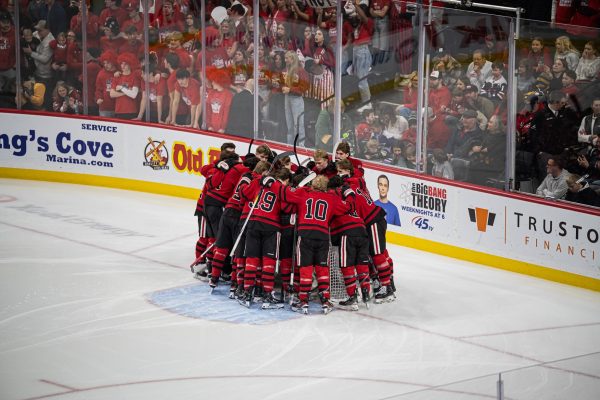
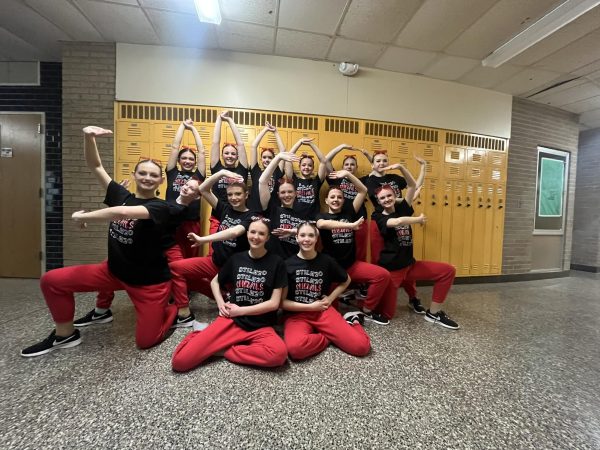
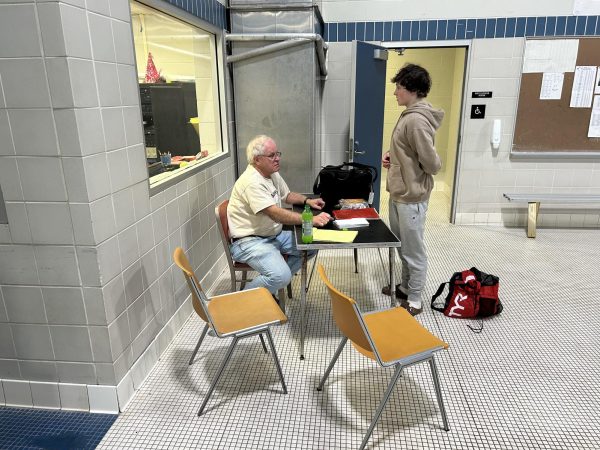
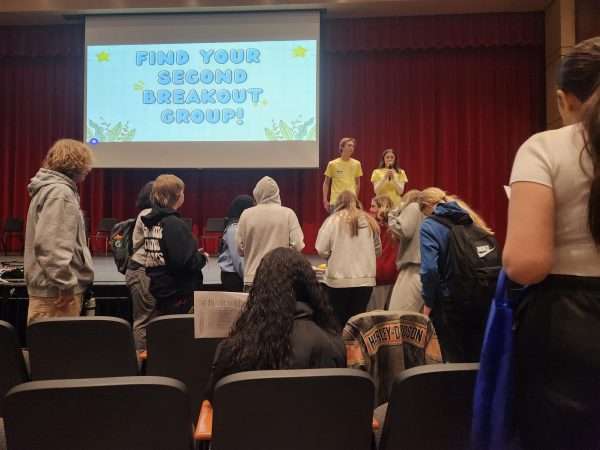
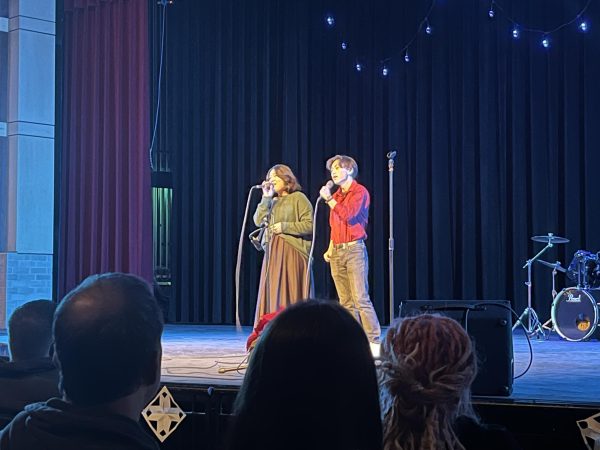
Chris Faffler • May 6, 2016 at 7:56 am
Great article, I like how instead of the article summing up what music was played and such at the music festival, you took a creative stance on writing it and I thoroughly enjoyed reading it.
Christopher Gilleo • May 6, 2016 at 7:13 am
I appreciated the unique take you took on this article. I would not have thought to cover classical music. I thought this article would be a little boring (sorry), but you made it truly interesting.